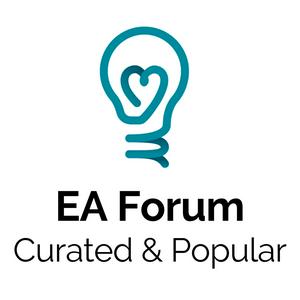[I am a career advisor at 80,000 Hours. I've been thinking about something Will MacAskill said recently in an interview with my shrimp-friend Matt: "should people be more ambitious? I genuinely think yes. I think people systematically aren't ambitious enough, so the answer is almost always yes. Again, the ambition you have should match the scale of the problems that we're facing—and the scale of those problems is very large indeed."
This post is my reflection on these ideas.]
************
My last post argued that if you want to have a great career, your goal should not be to get a job. Instead, you should choose an important problem to work on, then “get good and be known.” Building skills will allow you to solve problems and reap the benefits.
In the ~500 career advising calls I’ve hosted in the past year, the most common response I’ve heard has been: “Okay, how good? How well known? How many hours of practice will get me there?” Most people want to calibrate their ambitions so that the time and energy they invest feels worth it to them.
I empathize with this, but when I’m honest– with myself for my own [...]
---
Outline:
(06:28) Jensen Huang is more ambitious than you
(12:58) Most extreme ambition is misplaced
(17:45) Okay, how can altruistic people aim higher and work harder?
(21:17) Ambition at the End of the Human Era
(24:03) Closing Caveats - Efficiency, Burnout, and Choosing What Matters
---
First published:
February 12th, 2026
Source:
https://forum.effectivealtruism.org/posts/7qsisgX3cwETJuPNz/our-levels-of-ambition-should-match-the-problems-we-re
---
Narrated by TYPE III AUDIO.
---
Images from the article:
Apple Podcasts and Spotify do not show images in the episode description. Try Pocket Casts, or another podcast app.


